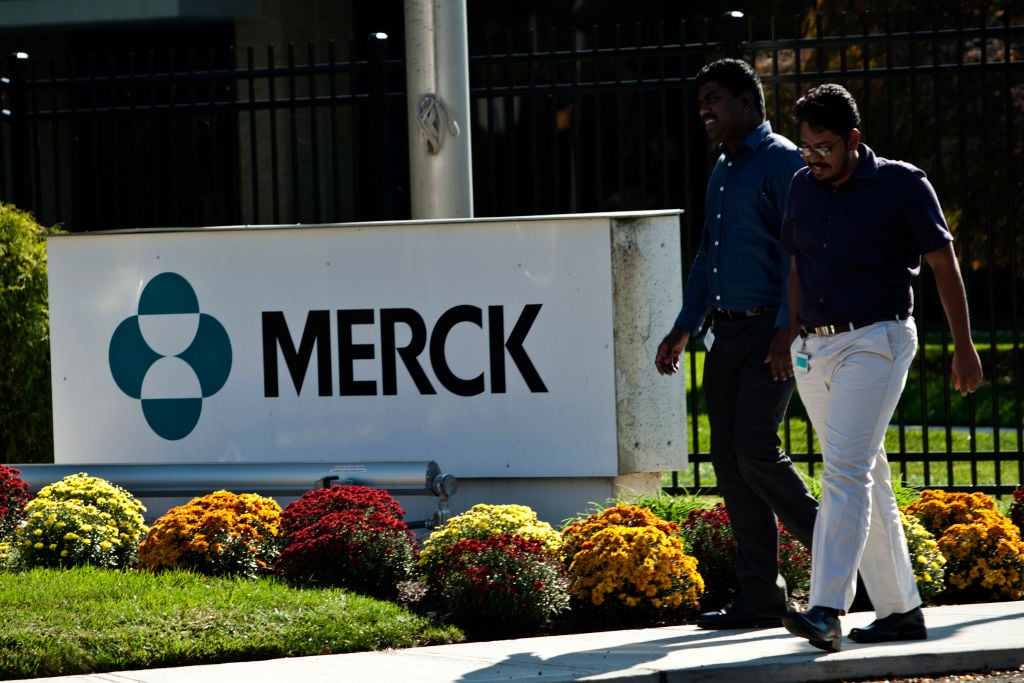Pharma Giant Merck Breaks Ground on Massive $1B Cancer Drug Production Hub

In a bold expansion of its manufacturing capabilities, Merck is continuing its strategic investment in cutting-edge pharmaceutical infrastructure. Just seven weeks after unveiling a state-of-the-art $1 billion vaccine manufacturing facility in North Carolina, the pharmaceutical giant has now announced plans to break ground on another impressive $1 billion plant in Wilmington, Delaware.
This new facility is strategically designed to produce Keytruda, Merck's groundbreaking cancer drug that has become a cornerstone of modern oncology treatment. The substantial investment underscores the company's commitment to advancing medical innovation and scaling up production of critical therapeutic treatments.
By rapidly developing two major manufacturing facilities within a short timeframe, Merck demonstrates its aggressive approach to meeting growing global healthcare demands and reinforcing its position as a leader in pharmaceutical manufacturing and research.
